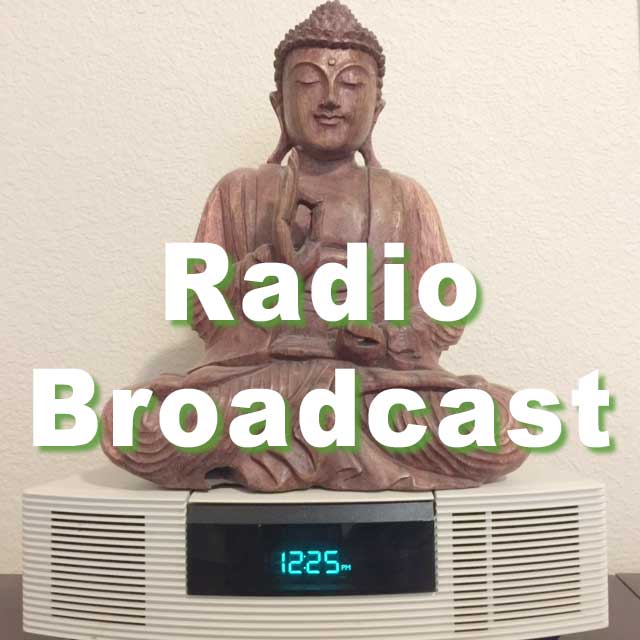Lesson 151. All things are echoes of the Voice for God.
Today’s workbook lesson exposes the falsity of the world we perceive with our senses. It also asks us to look at our willingness to believe our faulty perception. What the thinking mind reports to us of the world and the opinions it forms based on that evidence, do not serve us. Fear, judgment and doubt counsel that we follow their ways, but result only in more fear, judgment and doubt. When we invest belief in what our senses and our thinking report to us, we simply get more of the same.
Now that we are “onto” this ignorant and inept attempt to convince us that we are what we are not, what do we do with that information? What a perfect opportunity to ask ourselves, if I am not that thing I have believed myself to be, what am I?
It is our willingness to look at the question with firm resolve not to go running back to the thinking mind for answers that will guide us to the discovery of the truth. When Eshwar Segobind asked me to describe myself without using concepts, I saw very clearly the discomfort in leaving myself “undefined.” I saw very clearly the desire to know the answer to the question, “Who am I?”
That desire to know the answer has led us to cling to the answers we have made up. But it is our willingness to question our “reality” that leaves empty the space in which we learn the true answer to that question.
At the last Gentle Healing meeting, we listened to Regina read some paragraphs from Chapter 14 of “The Most Direct Means to Eternal Bliss.” Part of that reading was a story about a planet where people are born and raised in a movie theatre, and they never question if the movie on the screen is reality; they simply assume it is.
Here’s that story again:
“Imagine a planet where all of the people were born and raised and spent their entire lives in a movie theatre. Almost all of them believed the movie they were seeing on the screen was real. Their attention was so fixed on the screen that they never bothered to turn their heads around 180 degrees to see the projector’s light. One of them had the courage to turn his head around 180 degrees and he saw the projector’s light. He did not know what it was, but he followed that light until he found the projector. He went back and told the people that what they were seeing on the screen was not real.
“He told them that to find the projector they would have to turn their heads around 180 degrees. Due to the long habit of always keeping their attention fixed on the movie screen, fear of the unknown, their belief that the movie was real, and their disbelief in what he was telling them, very few bothered to turn their heads around 180 degrees to see the light from the projector. Some of those who did follow his instructions turned their heads immediately back to the screen. They were used to the illusion and afraid of the Truth. Others did not sustain their attempt to find the projector long enough to find it. After all it is difficult to find the projector in the dark. One has to pass through a number of doors to find it. Once in a while someone actually persevered long enough to find the projector.”
Today’s Course lesson is like the one in this story who had the courage to turn his head around 180 degrees and follow the projector’s light until he found the projector, and then “went back and told the people that what they were seeing on the screen was not real.” Today’s Course lesson says:
“You do not seem to doubt the world you see. You do not really question what is shown you through the body’s eyes. Nor do you ask why you believe it …”
We do well to contemplate Michael Langford’s analogy of the movie theatre and today’s Course lesson together. Isn’t it true that ever since we can remember our attention has been focused outward on thought and the world? Isn’t that like the people in the movie theatre who were born and raised with their attention on the movie screen? Isn’t it true that, just as they did not question the reality of the movie, we have not questioned the reality of our thoughts and perceptions? Isn’t it at least possible that what we have always believed to be reality is not reality? Doesn’t this possibility deserve genuine investigation? Isn’t it worth our time to find out what is true?
Today’s lesson calls our senses “idle witnesses, which merely bear false witness…” Do we want to continue to believe them without question, or are we willing to use inquiry (self-inquiry) and awareness-watching-awareness meditation (Self-inquiry) to discover what is and is not true?



